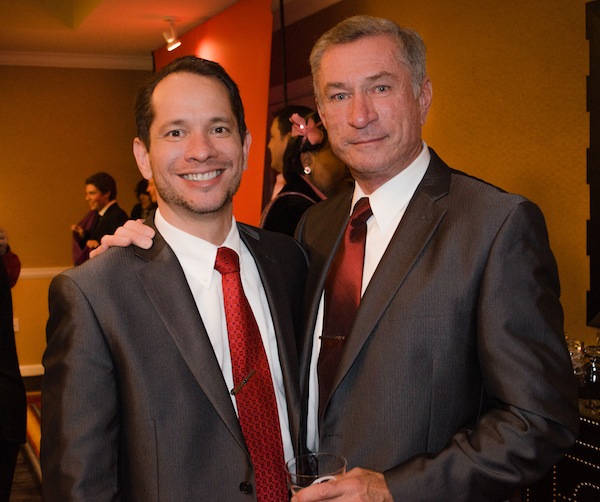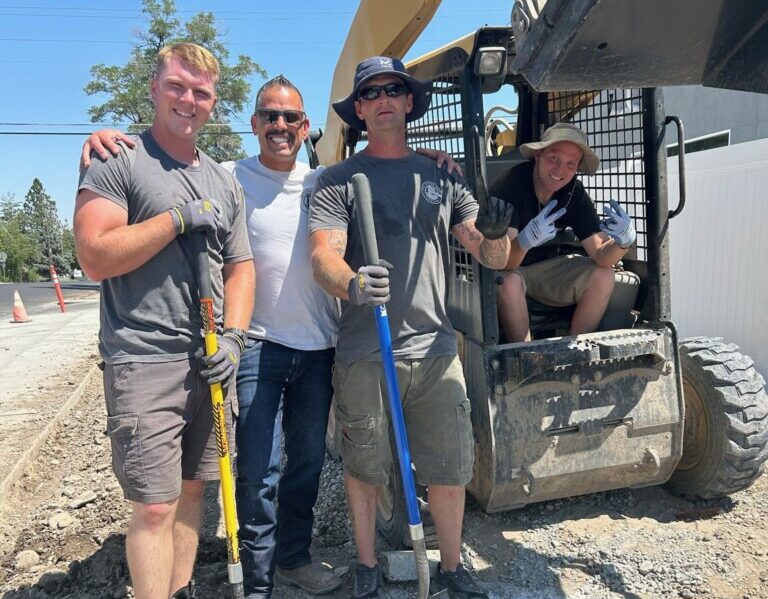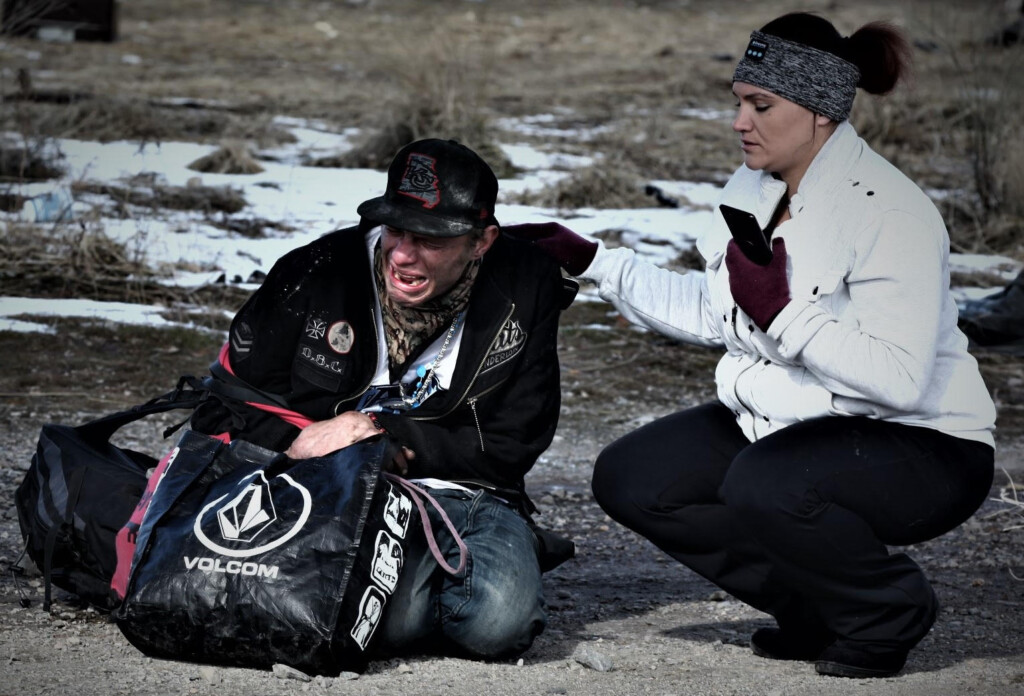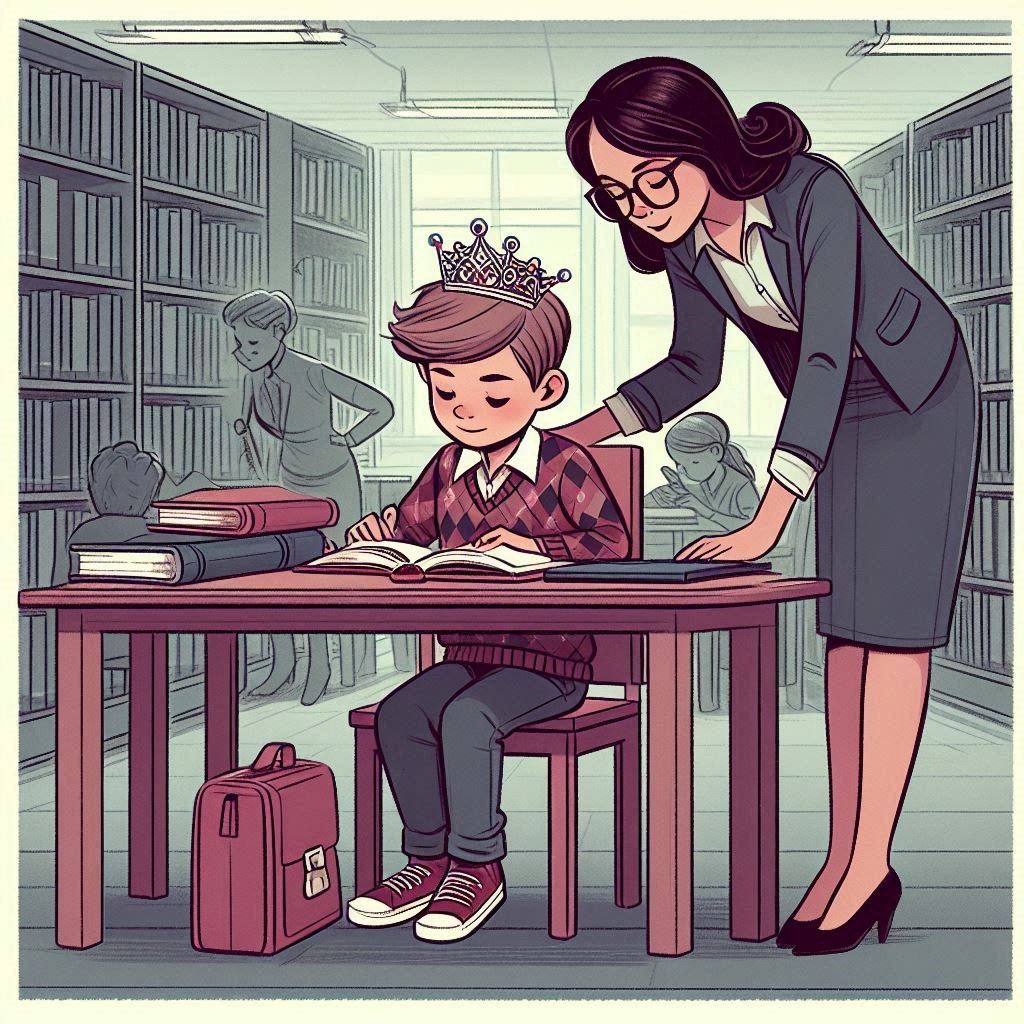Valentines Day has a few stories as to its origin. One of the most popular, and certainly one of my favorites, tells of St. Valentine who was a Roman priest during the third-century. An Emperor called Claudius believed that unwed men fought better because they didn’t worry about what would happen to a wife and children if they died. Emperor Claudius put an edict on marriage banning young couples from matrimony. Saint Valentine is said to have defied theses orders by marrying young couples who were in love. This story came to mind as I was thinking about marriage equality. It is obvious when you look at the events that have taken place and things to come that there are some parallels to be drawn between the message that this myth teaches and the battle for marriage equality.
[showtime]
On Valentines Day 2014 Utah’s first ever Equality Ball was held in the Paris room at the Hotel Monaco in downtown Salt Lake City. Proceeds from the event went to benefit Restore Our Humanity and Marriage Equality USA. The equality Ball was a big success. In addition to money raised by attendees, people stopped in to buy raffle tickets or make angel donations to demonstrate their support.
Speakers include Moudi Sbeity and partner Derek Kitchen, who proposed to Moudi during the proceedings. As well as Max Green, the recently retired Assistant Manager of Community Programs for Equality Utah.
A recent appeal made by the state of Utah against marriage equality is estimated to cost several million dollars. All of which is being raised by donations and fundraisers.
For more information on marriage equality or to donate money visit: RestoreOurHumanity.org, MarriageEquality.org, and EqualityUtah.org
What are your thoughts on the issue? Let us know in the comments below. Also, don’t forget to share this story with your friends!






